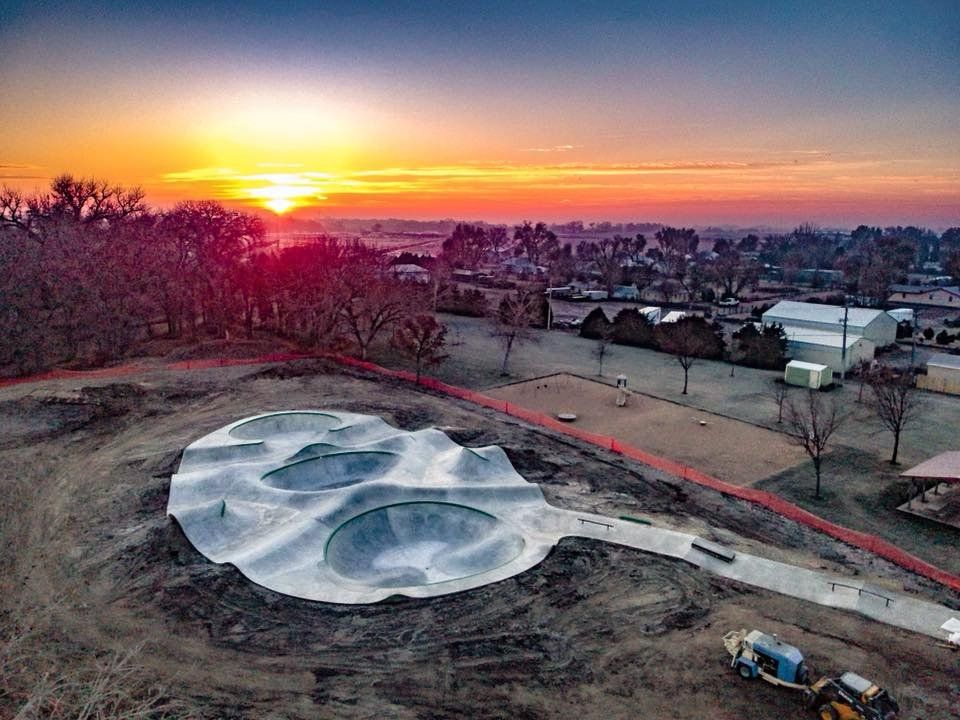Commercial & Industrial Roofing in Denver, Colorado
The purpose of a commercial roofing system is to protect a property from external elements. The roofs of most commercial buildings have a low slope and are larger than residential roofs. Installing a commercial roof is among the biggest investments a business owner makes for his business. As commercial roofs are mostly flat, they are more susceptible to water damage. The roofs of all commercial buildings require regular upkeep to ensure they are not experiencing leaks or other issues that need immediate repairs.
Routine maintenance prevents significant damage and protects the commercial roof from mold, weak structure, and other problems. It also eliminates the need for prematurely replacing your commercial roof. Routine inspections and maintenance protect the building's interior, avoid material damage, and keep the indoor environment comfortable. Proper care and upkeep prolong the lifespan of the commercial roof and keep it in excellent condition.
Preventative maintenance helps you get the most out of your commercial roofing systems. Call roofing experts at Colorado Western Construction if you notice water stains, visible leaks, ice dams, algae, mold and sagging, cracked or blistered roof surface, or your commercial roof looks old and worn out.
Most Common Commercial Roofing Types
Thermoplastic Polyolefin Roofing
TPO or Thermoplastic Polyolefin is a single-ply roofing membrane and one of the most popular and fastest-growing commercial roofing systems. It is made of ethylene-propylene rubber, reinforced polymer, and fillers such as fiberglass, talc, and carbon fiber for added strength and flexibility. The TPO roofing membrane is either affixed through an adhesive that bonds to the cover board or fastened mechanically. TPO roofs are lightweight, reflective, and resistant to corrosion, fire, UV rays, punctures, and bacterial growth. TPO is an environmentally-friendly construction material. However, TPO roofing can fail due to extended exposure to high heat, and they differ considerably in construction and material quality. Seam failure is another issue that TPO roofs can face.
Thermoset Roof Membrane
Thermoset or EPDM roofing membrane is also a single-ply commercial roofing membrane made from synthetic rubber. It is composed of recycled tires, slate, and sawdust. EPDM roofing membranes are either fully adhered, ballasted, or affixed mechanically. EPDM is popular for re-roofing and low slope roofing applications and comes in black and white rolls. EPDM commercial roofing systems are versatile, eco-friendly, easy to maintain, and long-lasting. The installation process is simple, and the membrane shows higher resistance to UV rays, solvents, alcohol, and acids. EPDM roofs are more susceptible to damage than other similar roofing materials, can puncture easily, and need an experienced professional for installation.
Metal Roofs
Metal roofs are used widely as commercial roofing systems for durability and lifespan. These roofs can be made from corrugated galvanized steel, copper, aluminum, tile sheets, stainless steel, and aggregates of aluminum, zinc, and tin. Metal roofs offer an attractive, modern look, have strong fire resistance ratings, and are stronger and more sustainable than their counterparts. They can easily withstand the elements and provide better energy efficiency. Metal roofs are considered a green roofing solution and have low maintenance costs. On the downside, metal roofs are expensive, can be noisier than other roofing materials during rain and hailstorm, expands and contracts with temperature changes, and is prone to corrosion and dents.
Built-Up Roofing
BUR or Built-up roofing can last for more than two decades with regular maintenance. It is a multi-layered roofing system for enhanced durability and protection. BUR is made by alternating layers of asphalt and reinforcing fabric and using stone, tar, or gravel as the top finishing layer. Built-up roofing is durable, easy to maintain, fire-resistant, leakproof, reduces energy consumption, offers high UV protection, and excellent warranties. Water pooling, blistering, shorter lifespan, and cracks due to freeze and thaw cycles are some common issues seen with BUR roofs.
Modified Bitumen
Modified Bitumen or Mod Bit commercial roofing system consists of asphalt combined with plastic or polymerized rubber and reinforced with fiberglass for a better sealing and more durable material. Its strength and resistance to harsh weather conditions have made it a popular roofing option for commercial buildings. Mod Bit is a self-adhering roofing material, performs well in cold weather, has low VOC levels, is recyclable, and has reflective properties. This type of roofing shows higher durability in high traffic areas and is ideal for re-roofing tight spaces. For cons of Mod Bit roofing, it can absorb heat in summers, is vulnerable to ponding, the material can emit a strong odor, and leaks are hard to detect.
The Benefits of a Healthy Commercial Roof
- A healthy and well-maintained commercial roof lasts longer and demands fewer replacements.
- It creates a better and more comfortable environment.
- Protect the investment.
- Improve employee productivity.
- Safeguards the interiors
- Prevent smaller problems from getting bigger
No one does commercial roofing better than Colorado Western Construction in Denver, CO. Our 20 years of industry experience has helped us understand ways to overcome all complexities associated with commercial roof installation and maintenance. Customer satisfaction is our top priority. Whether you need a commercial roof installation, repair, or replacement, our skilled and trained professionals aim to deliver nothing but the best.
Service Areas

Slide title
Write your caption hereButton
6060 Greenwood Plaza Blvd. #400 Greenwood Village, CO 80111
© Colorado Western Construction, Denver, Colorado, 2022. All rights reserved.
